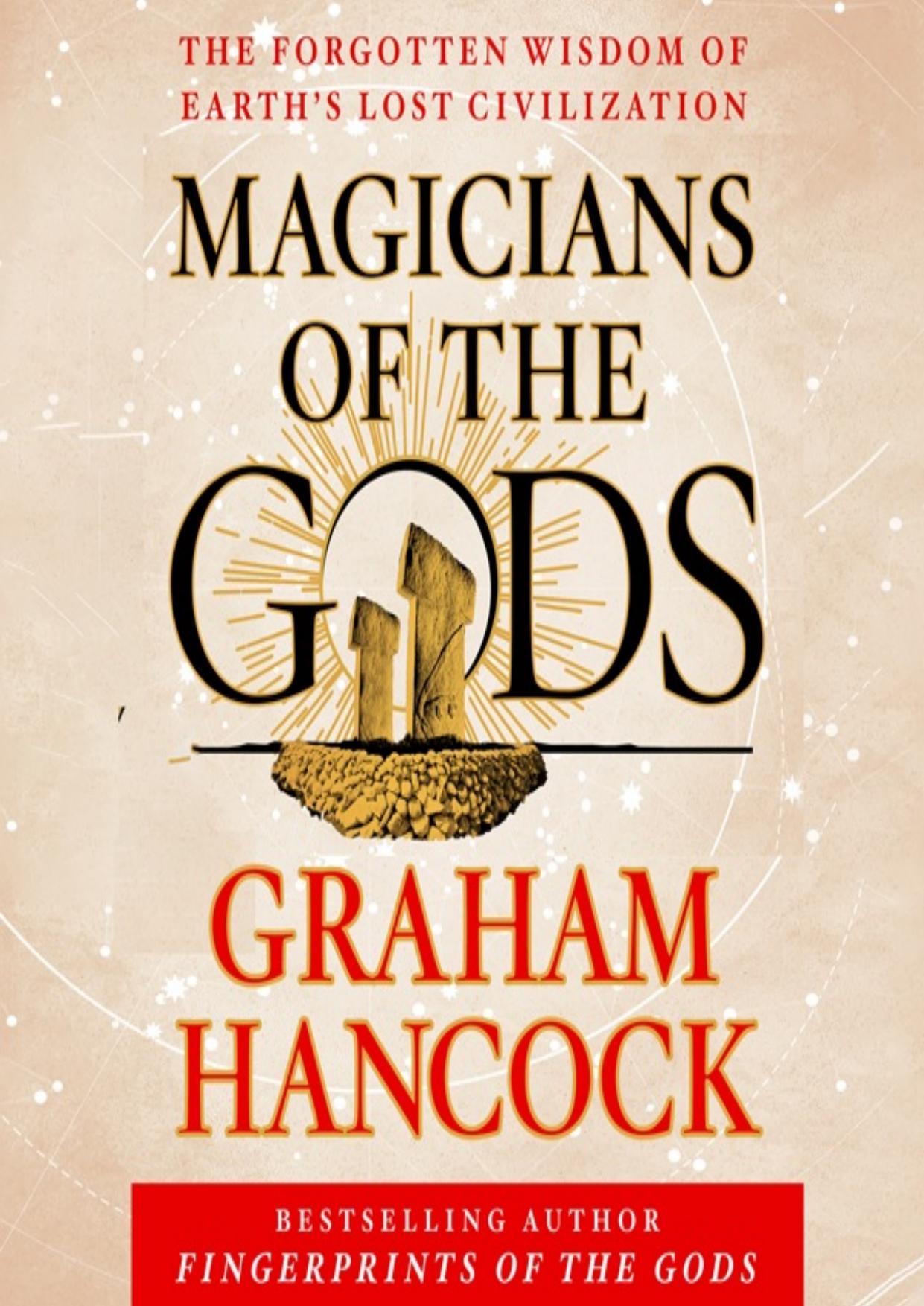Magicians of the Gods by Graham Hancock

Author:Graham Hancock
Language: eng
Format: epub, pdf
ISBN: 9781466846067
Publisher: St. Martin's Press
Figure 44
A guard is there. He makes a great show of keeping me out, but money changes hands, the gate is opened with a flourish, and I’m on my way through an orchard of shriveled trees to get a better look at the three largest blocks ever used in any construction anywhere in the world …
“The highest pinnacle of power and science…”
In the nineteenth century David Urquhart, a learned Scotsman, traveled widely in Lebanon, eventually publishing his History and Diary in 1860. He never explained where he got the hint from, but it was his belief that Baalbek had played an important part in the secretive maritime empire of the Phoenicians, whose exploits started to be remarked upon by other cultures in the second millenium BC and who were descended from the original Canaanite people of this region. Indeed the Phoenicians usually referred to themselves as Canaanites.18 Renowned for their seafaring abilities, and especially for their uncanny—or perhaps one should say instead, precise and scientific—navigational skills, they established ports all around the coasts of the Mediterranean as far afield as Tunisia, Morocco, Spain, Italy, Turkey, Cyprus and Malta. Their heartland was in Lebanon, however, and their first city was Byblos, to the north of modern Beirut, with other important centers at Tire and Sidon.
There is much that is mysterious about the Phoenicians, and they have often been reproached by frustrated researchers “for having been so persistently silent about themselves and for having left no written history of their own. Everything we know about them comes from the annals of other races; they have only foreign advocates to plead their cause to posterity.”19
One of those foreign advocates was the Greek scholar Philo, who lived in Byblos in the first and second centuries AD—hence he is known as Philo of Byblos. His Phoenician History purported to be a translation of a book written by one Sanchuniathon, a Phoenician sage who had supposedly lived more than a thousand years earlier.20 Sanchuniathon’s writings have not come down to us in any other source. Moreover, like the works of the Babylonian priest Berossos, whom the reader will recall from earlier chapters, Philo’s own Phoenician History has also been lost. All that is left of it are fragments preserved as quotations and summaries by other authors—notably the fourth century Church Father Eusebius.21
In these fragments we read of the exploits of a “god” identified with the Greek deity Ouranos, whose name means “sky” or “heaven” and who:
invented betyls by devising stones endowed with life.22
There are a couple of points of interest here. First of all, obviously, we are back in the realm of betyls, those meteoritic “stones fallen from heaven” that are so often part of the debris stream of fragmenting comets and that were treated as cult objects throughout the ancient Near East. If we look into the etymology of the word betyl we find that it means “home of the god,”23 and the home of Ouranos is, of course, the sky, the right place for objects of meteoritic origin.
Download
This site does not store any files on its server. We only index and link to content provided by other sites. Please contact the content providers to delete copyright contents if any and email us, we'll remove relevant links or contents immediately.
| Africa | Americas |
| Arctic & Antarctica | Asia |
| Australia & Oceania | Europe |
| Middle East | Russia |
| United States | World |
| Ancient Civilizations | Military |
| Historical Study & Educational Resources |
The Daily Stoic by Holiday Ryan & Hanselman Stephen(3322)
The Fate of Rome: Climate, Disease, and the End of an Empire (The Princeton History of the Ancient World) by Kyle Harper(3067)
People of the Earth: An Introduction to World Prehistory by Dr. Brian Fagan & Nadia Durrani(2738)
Ancient Worlds by Michael Scott(2688)
Babylon's Ark by Lawrence Anthony(2679)
The Daily Stoic by Ryan Holiday & Stephen Hanselman(2575)
Foreign Devils on the Silk Road: The Search for the Lost Treasures of Central Asia by Peter Hopkirk(2464)
India's Ancient Past by R.S. Sharma(2454)
MOSES THE EGYPTIAN by Jan Assmann(2417)
The Complete Dead Sea Scrolls in English (7th Edition) (Penguin Classics) by Geza Vermes(2283)
The Earth Chronicles Handbook by Zecharia Sitchin(2229)
Lost Technologies of Ancient Egypt by Christopher Dunn(2226)
24 Hours in Ancient Rome by Philip Matyszak(2084)
Alexander the Great by Philip Freeman(2065)
Aztec by Gary Jennings(2029)
The Nine Waves of Creation by Carl Johan Calleman(1917)
Curse Tablets and Binding Spells from the Ancient World by Gager John G.;(1862)
Before Atlantis by Frank Joseph(1854)
Earthmare: The Lost Book of Wars by Cergat(1825)
